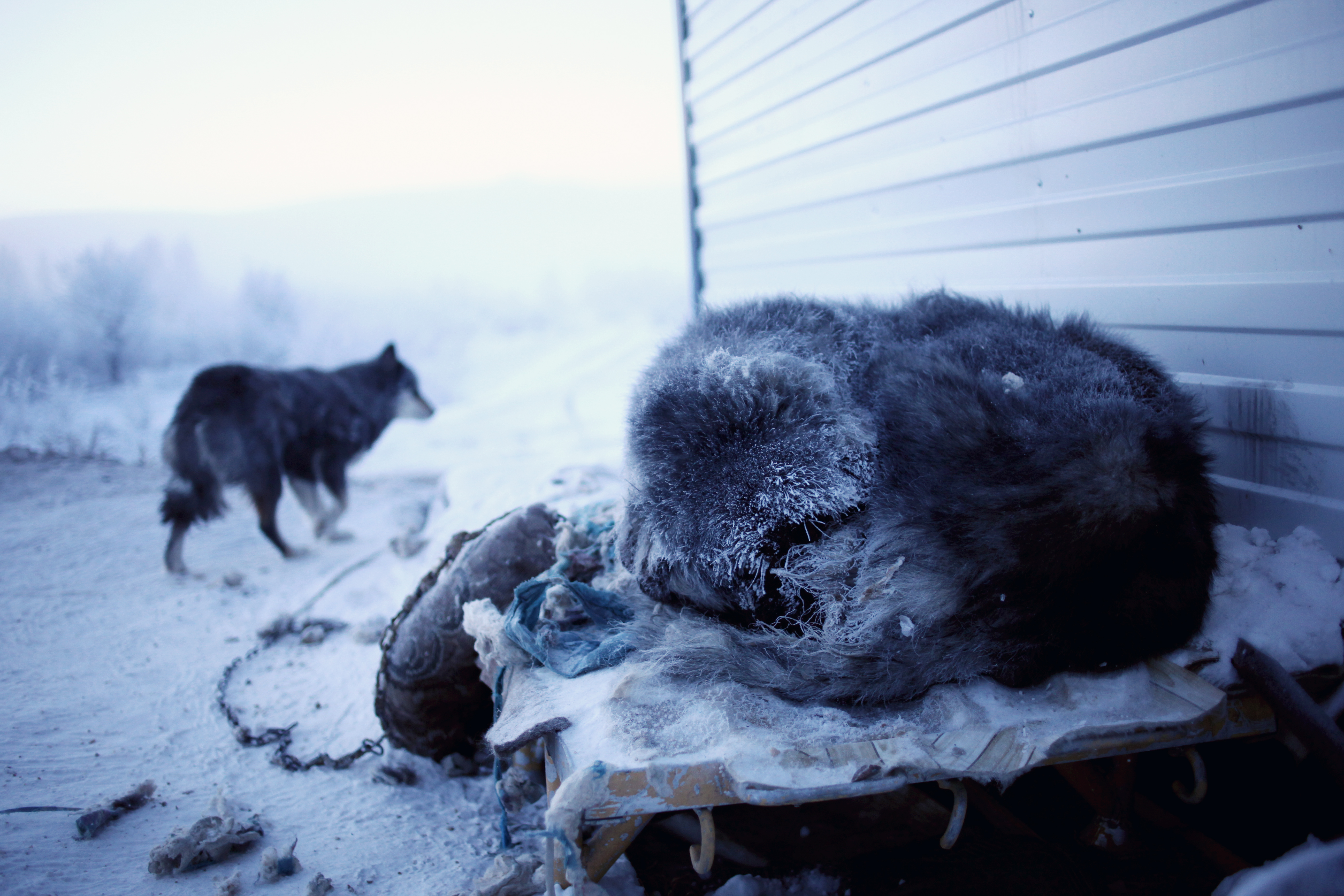Meet the 18,000-year-old frozen puppy that could be the world's oldest dog
Perfectly preserved down to its frozen paws, Dogor might one of the very first dogs to have been domesticated — but whether pet or wolf, he's already an Internet celebrity.


Russian and Swedish scientists think the body of an 18,000-year-old puppy they found in Siberia last April might be the world’s oldest dog. The perfectly preserved remains were discovered at Belaya Gora, near Yakutsk, a river port in eastern Siberia that has the dubious privilege of having the coldest winters than any other major city on Earth and being the largest city built on continuous permafrost — essentially frozen ground. This abundance of ice kept intact nearly all the animal’s features, including teeth, nose and fur.
Tests carried out at Sweden’s Centre for Palaeogenetics have since established the puppy was an 18,000-year-old male — but have not yet clarified whether it was a wolf or the earliest known dog.
‘So far, we have sequenced its genome to 2X coverage,’ the Centre for Palaeogenetics tweeted a few days ago. ‘But we still can’t say if it’s a wolf or a dog. Maybe it's the common ancestor?’
Research hasn’t yet determined when — or where — dogs were domesticated, with theories saying this happened between 20,000 and 40,000 years ago, either from a single pack of grey wolves, or independently from two different packs. Now the Russian and Swedish teams hope that more sequencing of Dogor’s genome may give us further insights, both on the animal itself and on the domestication of dogs.
Meanwhile, the scientists studying the puppy — one of whom, London-based Pontus Skoglund, tweeted that this analysis is ‘cute overload every time’ — decided to call the animal Dogor, after the word for ‘friend’ in Yakutian, the language of the place where it was found.
Regardless of its ultimate classification, though, the frozen puppy has already become an online sensation, with people joking it’s actually the Rodent of Unusual Size from The Princess Bride or Seymour the dog from American animated sitcom Futurama, as well as suggesting that scientists should clone it and bring it back to life. And even though Dogor has only just been revealed to the world, it is already so popular that it’s even starring in its very own memes.

Prehistoric Britons loved eating cheese 6,000 years ago, according to new finds
A team from the University of York have found evidence of milk consumption in prehistoric British farmers.
Sign up for the Country Life Newsletter
Exquisite houses, the beauty of Nature, and how to get the most from your life, straight to your inbox.
Carla must be the only Italian that finds the English weather more congenial than her native country’s sunshine. An antique herself, she became Country Life’s Arts & Antiques editor in 2023 having previously covered, as a freelance journalist, heritage, conservation, history and property stories, for which she won a couple of awards. Her musical taste has never evolved past Puccini and she spends most of her time immersed in any century before the 20th.
-
 RHS Chelsea Flower Show: Everything you need to know, plus our top tips and tricks
RHS Chelsea Flower Show: Everything you need to know, plus our top tips and tricksCountry Life editors and contributor share their tips and tricks for making the most of Chelsea.
By Amie Elizabeth White
-
 Hidden excellence in a £7.5 million north London home
Hidden excellence in a £7.5 million north London homeBehind the traditional façades of Provost Road, you will find something very special.
By James Fisher